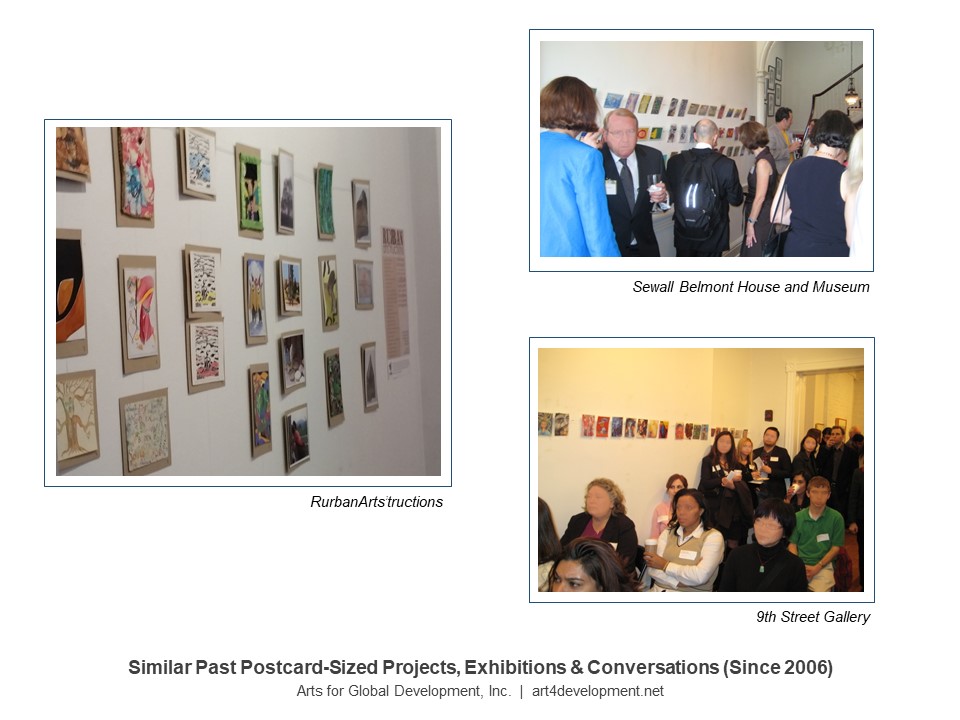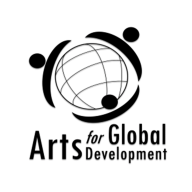PROJECT H2O
Our blue planet is not that blue anymore. In addition to deforestation and air pollution, our water systems have been significantly impacted by our everyday actions. We only have a few more years left to reach the UN Sustainable Development Goals (SDGs), and there is still so much to be done, including SDG 6 “Clean Water and Sanitation”. Water is at the core of sustainable development and is critical for socio-economic development, healthy ecosystems, and human survival itself.
Climate change is our generation’s reality. Rising temperatures and increasing pollutants will continue to contribute to water scarcity across the world, degrading land. Responsible water usage is essential for life and ensuring there’s enough water for our and future generations.
Project H2O is our collective attempt to accelerate awareness and call for meaningful and impactful action through the use of art. Let’s together revive our water sources to restore planet Earth! #GenerationRestoration
PROJECT H2O artwork submission is now closed.
Many thanks to those who have taken the time and showed interest in joining the Project H2O initiative and helping to generate more awareness about clean water scarcity, the importance of wastewater management, the overall state of our water resources, and ways to clean them up.
We are currently in the midst of reviewing the submissions and identifying the best ways to showcase everyone’s work. We are also determining the Project H2O beneficiary that will provide clean water to underprivileged communities.
Please be patient with us as we work through this process. We’ll keep you posted regarding the exhibition, fundraiser, and other related educational efforts as they are finalized. Stay tuned!
WHY PROJECT H20?
Water is life and beautiful.
As humans we are made up of about 60% water. Water impacts our health, hygiene and ability to thrive as human beings; it’s necessary for the survival of all living organisms on Earth. From the colorful coral reefs to the subterranean lakes, all forms and types of aquatic environments not only generate livelihoods but also provide ‘blue’ healing powers and better mental wellness for people. Studies have shown that being by bodies of water represses negative thoughts and boosts positive ones.
Have you ever felt calmer or reenergized after diving into the deep sea, looking at the oceanic horizon or listening to a nearby waterfall?
Water is powerful.
Hydropower is one of the oldest and largest renewable energy sources, which uses the natural flow of moving water to generate electricity. From the old water wheels and mills to dams and the latest marine technologies that use waves, tidal currents, and ocean thermal differences, water has been a powerful resource in harnessing energy.
Water can also be an enormous destructive force if not managed properly. Increasing temperatures driven by climate change contribute to flooding and other water related disasters. Storm surges, sudden snowmelt, and atmospheric rivers are increasingly exacerbating flooding, and a growing number of coastal and inland communities around the world are finding themselves underwater.
Water is economy and political.
Water is an irreplaceable and strategic natural resource, and the scarcity of potable water is a frequent contributor to political conflicts across the globe. Throughout history, people have favored settling near water resources for various reasons, including but not limited to personal consumption, the base for developing industries, trade, transportation, and more.
Everything we buy, use, and eat takes water to make. However, increasing populations and demand for water, urbanization, industrialization as well as decreasing water availability due to pollution and climate change have further intensified ongoing challenges around water security and rights. Today numerous internal and external conflicts have contributed to significant losses, from financial to human lives.
Water is poisonous.
Most of today’s water systems have been contaminated with toxic substances. Among these substances are asbestos, arsenic, lead, radioactive particulars, microplastics and pesticides, to name just a few. These polluted water bodies support agricultural irrigation and hence impact our food systems. Studies have shown that contaminated crops lead to a variety of health issues, including poisoning, long-term cognitive and physical complications, and terminal diseases such as cancer.
Water pollution damages aquatic ecosystems, leading to the loss of biodiversity as well as any livelihood that’s dependent on these ecosystems. Clean water is scarce… over 2 billion people around the world lack safely managed drinking water.
WHAT WE ALL CAN DO!
- Submit your postcard-sized artwork to help bring more visibility to water issues and inspire the world to take action!
- Connect with us at IG @art4development and tag #ProjectH2O on your social media platforms to help us accelerate participation
- Speak up and help influence policymakers to reduce the discharge of harmful substances into water bodies
- Support water change makers and help clean up
- Change our own behaviors and be accountable in the way we manage, consume, conserve and reuse water daily. Here are some simple things that we can all do to help reduce water usage, preserve and keep it clean:
- Look for leaks in our bathrooms and kitchens
- Update our showerheads
- Shorten our shower time
- Turn off the tap while brushing teeth or shaving
- Don’t throw things away in the toilet (including oil and paint!)
- Remember that recycling saves water too. Instead of plastic bags use paper or reusable bags
- Prefer glass containers
- Only wash full loads of laundry and dishes with nontoxic soaps and detergents
- Save the water we use for washing veggies and fruits for watering plants
- Get rain barrels to harvest water
- Update our appliances with water-saving features
- Don’t forget to scoop up our pet-waste with recycled and earth-friendly, biodegradable bags
- Learn about wastewater treatment enhancements, conservation and recycling efforts in our community
- Design our garden with plants that require minimal water
- Check product ingredients and labels and consider purchasing those that are earth-water friendly

